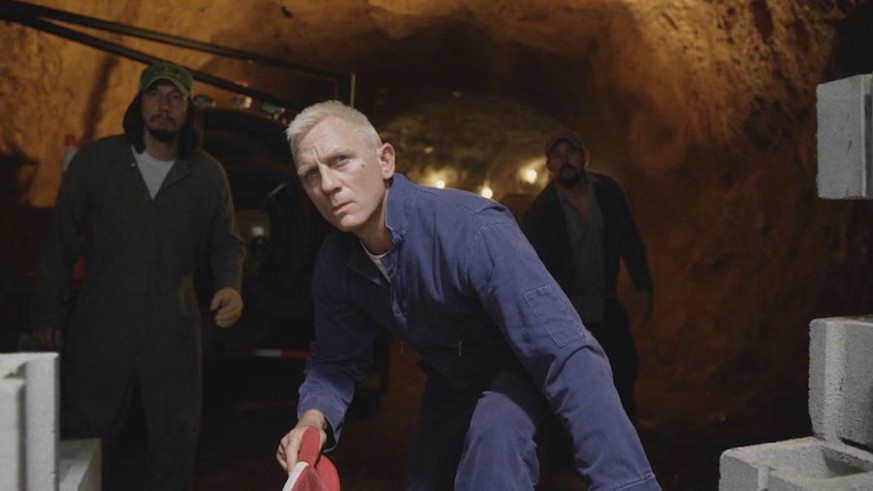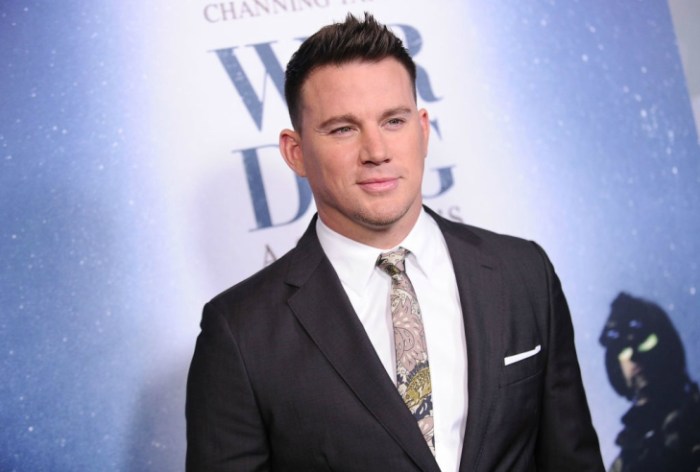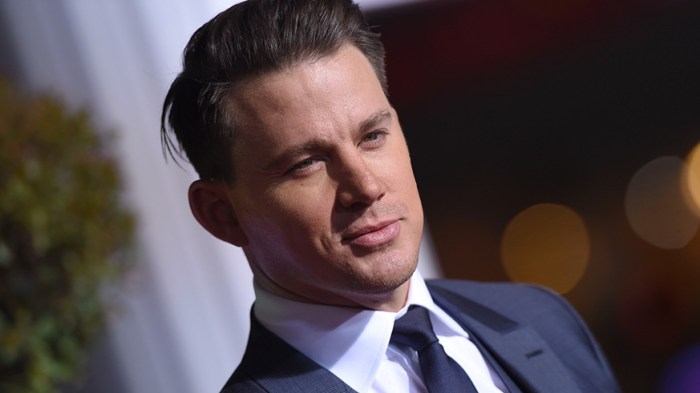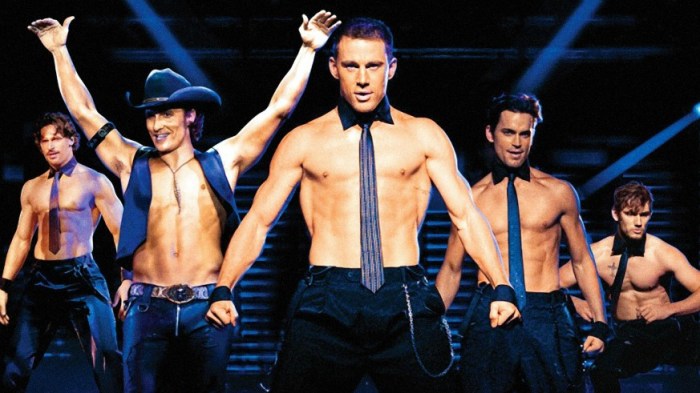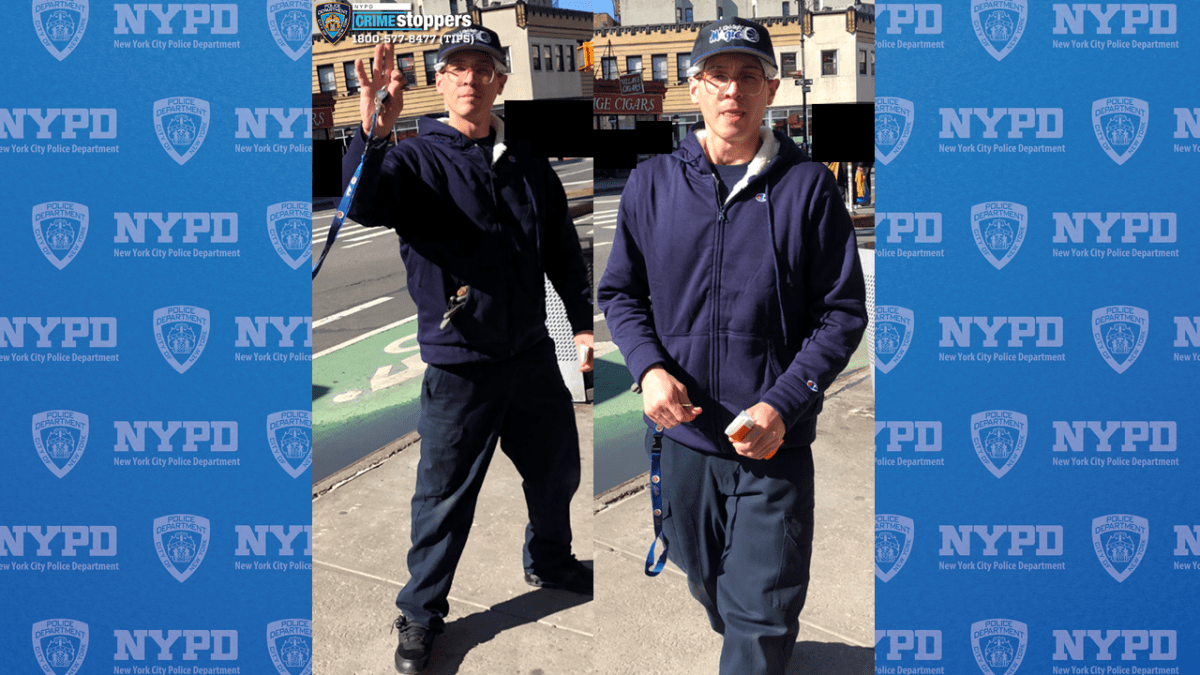If Baby Driver is the Homecoming Queen, stifling insecurity with the approval of peers, Logan Lucky is the alluring slacker in the back of the class. It’s coolness is subtle, and doesn’t depend on you liking it. Despite possessing the current James Bond, one of the leading men from the new Star Wars trilogy and the always pristine Channing Tatum, it steers clear of regular Hollywood tropes in favor of redneck characters and West Virginia and North Carolina settings.
There’s toilet-seat chucking at a white trash fair, a grungy dive-bar, a garish salon and, most importantly, the Coca-Cola 600 race at the Charlotte Motor Speedway in Concord, North Carolina. But Logan Lucky never judges or slyly pokes fun. Instead, fledgling robbers Jimmy Logan (Channing Tatum) and Clyde Logan (Adam Driver), as well as their more experienced cohort Joe Bang (Daniel Craig), are disciplined, intelligent and always one step ahead of any trouble.
We got really lucky with this one. Logan Lucky’s unassuming cool is all thanks to its director, Steven Soderbergh. But back in 2013, he insisted that he’d retired from filmmaking. His change of heart came after reading Rebecca Blunt’s script for this movie that easily bumps Baby Driver from its pedestal. Though Baby Driver was quickly anointed the coolest film of 2017 by cinephiles, it’s really Logan Lucky that deserves this honor.
The undoubtedly transfixing Baby Driver screams to be loved, moving at a pace and possessing the hipster soundtrack, grandiose, rhythmic set-pieces and unloved director that meant it was always going to be embraced and championed by moviegoers. But Logan Lucky isn’t just funnier, it’s also more laid back and, ultimately, more engrossing and satisfactory. It’s helped in this cause by its immediately relatable and appealing characters, who don’t try to be anything they’re not. They know their limitations, and remain firmly fixed on their goal. The same could actually be said of its director.
Steven Soderbergh’s first film since 2013’s Side Effects and Behind The Candelabra doesn’t see the director showcasing a new array of angles or visuals in an attempt to immediately grab the viewer’s attention. In fact, Logan Lucky’s tone, pacing and plot is so similar to Steven Soderbergh’s Ocean’s Eleven that a reference to the 2001 heist film is squeezed in. Yet, despite the lack of cinematic fireworks, Soderbergh is so adept with this content that you can’t help but immediately become wrapped up in how slickly he tells it.
As a result, Logan Lucky is dazzlingly entertaining, while its surprising core ultimately gives way to an impact that is much more profound and poignant than you expect it to be. It might not quite be Steven Soderbergh’s best ever film (Sex, Lies, and Videotape, Erin Brokovich, Traffic, Ocean’s Eleven, and Che are still on another echelon), but it is an immediate reminder of his subtle but potent prowess as a director, and why the film world needs him to stick around.

